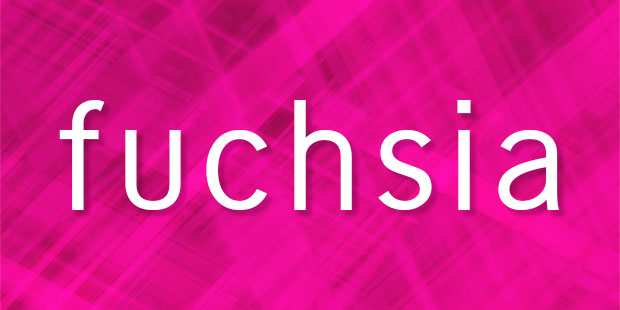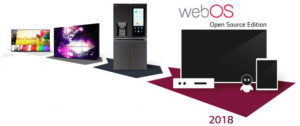Google has been developing a new open source operating system called “Fuchsia” for smartphones, tablets and other devices, which could be unveiled as early as this summer. Little has been revealed about the new OS since it first came to light last year.
However, new details surfaced last week, first reported by Ars Technica, and have been making the rounds.
Fuchsia apparently will move Google away from its long association with Linux, according to Ars, as it is based on a new microkernel called “Magenta.”
Google plans to dump not only the Linux kernel, but also the General Public License, one of the most popular licenses in the free and open source software universe.
The default user interface for Fuchsia, called “Armadillo,” is based on the mobile app Flutter’s software development kit and split into two separate apps — Armadillo and Armadillo user shell, according documentation posted on GitHub.
The Fuchsia team reportedly includes Travis Geiselbrecht, who worked on the Danger Hiptop smartphone, NewOS, Jawbone, BeOS and other projects; and Brian Swetland, who worked on Danger and BeOS. Both previously worked on Android as well.
Legal Concerns
Google’s rationale for Fuchsia may be related in part to an epic US$9 billion legal battle between Google and Oracle, suggested William Stofega, program director for mobile phones at IDC.
“As the Oracle case revolves around the copyright of Oracle APIs used in Android, it could be a contributing factor in Google’s decision to build another platform,” Stofega told LinuxInsider.
While Google emerged victorious in a ruling last year, the case has sent a chill through the open source community. It’s conceivable that Google decided to move further away from the use of Linux to avoid future legal challenges.
It’s also possible that Google simply recognizes the need to move to an OS that works better across multiple platforms.
“There’s been a lot of discussion, as it relates to going from TV to smartphones and Chromebook,” Stofega said.
“At the end of the day, as the world has changed and not necessarily become PC-centric but just mobile centric, maybe some of the things that brought it to fruition in terms of the Linux-based OS can no longer be part and parcel of the new world,” he remarked.
Acceptance Issues
Linux never got mass market traction on certain types of devices — ranging from tablets to mobile phones and thin clients — for two main reasons, noted Paul Teich, principal analyst at Tirias Research.
“Linux is not focused on enforcing hard performance metrics as an underpinning for reliable, robust software application performance,” he told LinuxInsider. “Linux uses preemptive multithreading, where Fuchsia seems to be coded for hard, real-time task scheduling.”
Fuchsia is being designed to make sure the thread scheduler can enforce quality of service for individual tasks and services, Teich said, which will come in handy to ensure the best streaming-media experiences or a great augmented reality experience.
The second main issue is that the Linux community did not have a user experience in mind and could not agree on a single, unified user experience as it matured.
“Linux started out, like Unix, as a command line language,” Teich noted. “Over the years, it has accreted services to support UX functions, but those are add-ons.”
Fuchsia may still be a command line interface, but it’s clearly being designed with all of the integrated services needed to support a modern UX, Teich said.
“Google may be building a real-time OS that spans small connected things to large connected data centers,” he surmised — “one code base that can be pared back if the UX isn’t needed, but also scales to varying U.S. requirements.”
The development of the new OS is driven in part by security concerns that potentially could cost Google billions of dollars if they aren’t brought under control, said Rob Enderle, principal analyst at the Enderle Group.
“They want to better control both the quality and timing of updates to their OS,” he told LinuxInsider, “and while Linux got them to market quicker, they now feel complete control is far more important.”
Google declined our request to comment for this story.






















































thank for sharing your point of view.